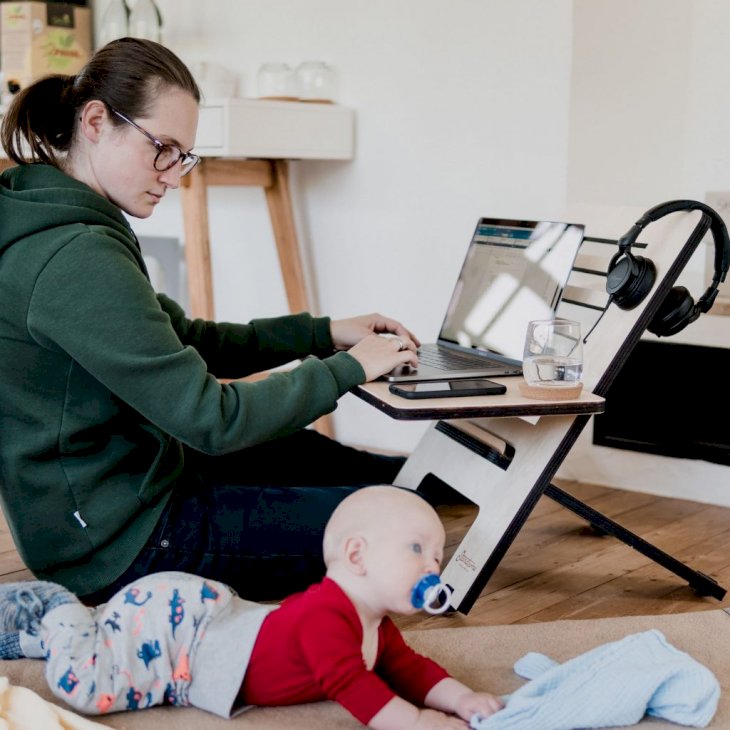
Understanding The 'Work From Home' Brain
The so-called WFH brain operates differently from when we're working from the office, affecting our productivity and increasing stress levels. Here's how to manage it.
Working from home is definitely different than the regular air-conditioned cubicles most people are used to. The WFH style allows more flexibility to remote workers, such as extra sleeping time and working virtually from anywhere there's an internet connection.
However, even with the perks that come with WFH, some people can't adapt to the remote lifestyle. But some recent studies show that our brains may work differently as well.

Photo by Standsome Worklifestyle on Unsplash
The Human Factors Engineering group from Microsoft conducted a study to prove that people are less productive at home.
Their theory was that, when working from home, people tend to book back-to-back meetings, thus lowering their productivity.

Photo by Annie Spratt on Unsplash
During the experiment, they monitored the electrical waves in the brains of 14 volunteers while they attended meetings with and without breaks.
On the first day, the volunteers attended four 30-minute meetings consecutively without breaks. The following week, they participated in the same four meetings, but this time they had a 10-minute break in between meetings, in which they meditated for 10 minutes using the Headspace app.

Photo by LinkedIn Sales Solutions on Unsplash
The results? During the first day, the beta brain waves — the ones linked to stress — were higher than those on the second day, where the participants took breaks and practiced meditation.
The Microsoft team also observed that people were more engaging and focused the day they had breaks.

Photo by LinkedIn Sales Solutions on Unsplash
"With breaks, participants showed positive levels of frontal alpha symmetry, which correlates to higher engagement and/or focus, so there's an importance of taking short breaks at work to reduce stress and improve focus and engagement."
Mark Miller, COO/CTO of humm
That said, whether working from home, hybrid, or in the office, employees should consider creating new habits of taking breaks after a few hours of work or in between meetings.

Photo by Tran Mau Tri Tam on Unsplash
And companies consider implementing a policy of breaks in between video calls to increase productivity and help their employees with stress management.
Managing stress while working from home goes well beyond scheduling breaks throughout the day. Jaclyn Bauer, PhD, a clinical psychologist and the CEO of Virtue supplements, says that balancing work-life is more challenging in the WFH style, and a lack of social interaction can be exhausting.
To take the best out of your WFH day, taking breaks is crucial. Meditation and stretching during breaks are great tools, as well as going for a walk outside, talking to a friend or relative, or playing with your pet.